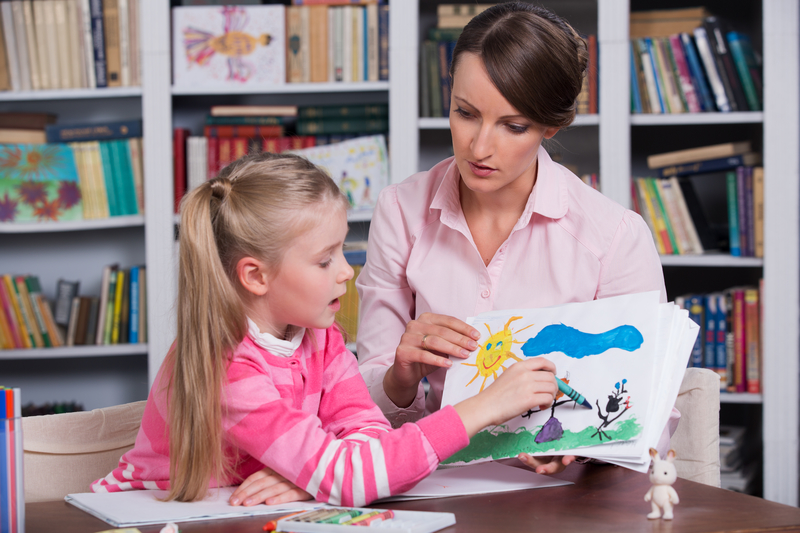Understanding the key aspects of healthy childhood development is essential for parents and caregivers. Monitoring and supporting children’s growth and milestones are crucial for their overall well-being. These areas are most critical to keep an eye on as your children are developing.
Cognitive Development
Cognitive development refers to a child’s intellectual growth and ability to think, reason, and understand the world around them. In early childhood, it is important to observe certain milestones in this area. Young children should demonstrate curiosity, engage in pretend play, and exhibit an eagerness to learn and explore. They begin to understand cause-and-effect relationships, recognize shapes, colors, and letters, and develop basic problem-solving skills.
Parents and caregivers can support cognitive development by providing age-appropriate toys, books, and activities that stimulate the child’s mind. Engaging in interactive play, reading together, and encouraging exploration can foster cognitive growth. Additionally, providing a nurturing and stimulating environment that encourages curiosity and independent thinking is beneficial for a child’s cognitive development.
Physical Development
Physical development refers to the growth and maturation of a child’s body and motor skills. It encompasses both gross motor skills, such as walking, running, and jumping, as well as fine motor skills, including grasping objects, drawing, and tying shoelaces. Early childhood is a period of rapid physical growth and refinement of motor skills. Regular doctor and dental check-ups are also an essential part of monitoring physical development. For example, early or late loss of baby teeth can be a sign that your child may need braces later. Instilling good habits in your children will aid in their physical development.
Parents and caregivers should observe the attainment of physical milestones in their child’s development. These milestones may include sitting without support, crawling, standing, walking, and achieving basic self-care skills like dressing and feeding themselves. Because children develop at their own pace, there may be variations in the timing of achieving these milestones.
Social Skills
Social skills encompass a child’s ability to interact and communicate with others, develop relationships, and navigate social situations. In early childhood, children begin to understand and demonstrate empathy, engage in cooperative play, and exhibit a growing sense of self-awareness. They learn to share, take turns, and follow simple social rules.
Parents and caregivers play a vital role in fostering healthy social skills. Providing opportunities for social interaction, such as playdates or group activities, allows children to practice socializing and developing relationships with their peers. Encouraging empathy, teaching conflict resolution skills, and modeling positive social behaviors contribute to the development of strong social skills in children.
Monitoring and supporting healthy childhood development is essential for parents and caregivers. Cognitive development, physical development, and social skills are key areas to observe and nurture. By providing appropriate stimuli, engaging in age-appropriate activities, and creating a supportive environment, parents and caregivers can promote the well-rounded development of children.
If you liked this article, you might also like: Tips for Creating a Safe Nursery for Your Newborn



